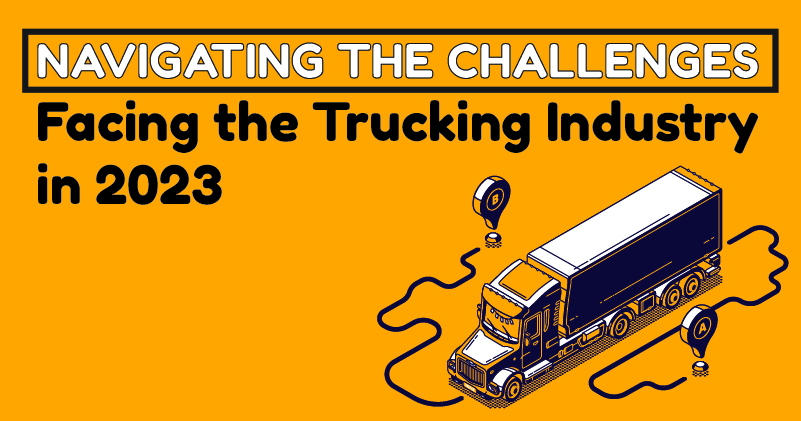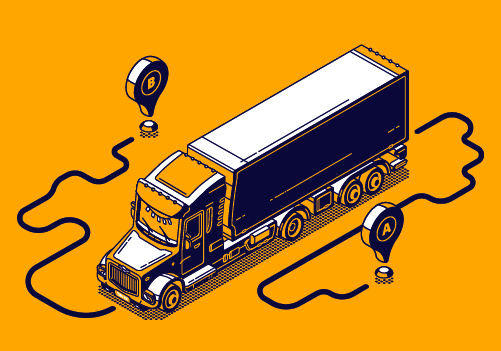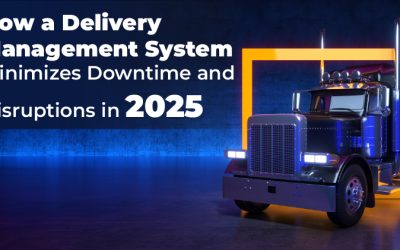
The trucking industry plays a critical role in the global economy, transporting goods and products long distances to reach consumers and businesses. However, the industry faces several challenges in 2023 that threaten its operations and profitability. These challenges include a shortage of drivers, supply chain disruptions, environmental regulations, and technological advancements. This blog will explore each of these challenges in detail and provide strategies for navigating them to ensure the continued success of the trucking industry.
Driver Shortage
One of the most pressing challenges facing the trucking industry in 2023 is the need for more qualified drivers. This shortage has been an ongoing issue for several years and is expected to worsen in the coming years. The shortage is caused by a variety of factors, including:
- Aging workforce: Many current truck drivers are nearing retirement age, and there needs to be younger drivers entering the industry to replace them.
- High turnover rates: The trucking industry has historically had high turnover rates due to long hours, low pay, and poor working conditions.
- Economic factors: As the economy has improved, there has been an increase in demand for trucking services, putting pressure on an already limited supply of drivers.
To address the driver shortage, the trucking industry must take a multi-faceted approach that includes:
- Increasing pay and benefits: Pay and benefits packages must be improved to attract and retain drivers. This could include signing bonuses, performance-based compensation, and more comprehensive health and retirement benefits.
- Improving working conditions: Trucking companies should focus on creating a positive work environment for drivers, including providing comfortable and safe equipment, offering flexible schedules, and ensuring adequate rest periods.
- Investing in training and education: The trucking industry should invest in training and education programs to attract new drivers and improve the skills of existing ones. This could include partnering with trade schools and community colleges to provide training and certification programs.
The trucking industry can ensure a steady supply of qualified drivers to meet the growing service demand by addressing the driver shortage.
Supply Chain Disruptions
In 2023, the trucking industry will likely face continued supply chain disruptions, which can cause delays, increase costs, and impact the reliability of the industry’s services. These disruptions can be caused by a variety of factors, including:
- Natural disasters: Natural disasters such as hurricanes, floods, and wildfires can disrupt supply chains by damaging infrastructure, destroying goods, and disrupting transportation routes.
- Political unrest: Political unrest and conflict in certain regions can cause disruptions by disrupting transportation routes or by creating security risks for drivers.
- Pandemics: The ongoing COVID-19 pandemic has highlighted the vulnerability of supply chains to pandemics and other health crises.
Environmental Regulations
In 2023, the trucking industry will continue to face increasing pressure to reduce its environmental impact. Environmental regulations, such as emissions standards and fuel efficiency requirements, are becoming more stringent, and the industry must find ways to comply with these regulations while maintaining profitability. Some of the critical environmental regulations affecting the trucking industry include:
- Emissions standards: The Environmental Protection Agency (EPA) has established emissions standards for heavy-duty trucks, including limits on nitrogen oxides (NOx) and particulate matter (PM) emissions.
- Fuel efficiency requirements: The EPA has also established fuel efficiency requirements for heavy-duty trucks designed to reduce greenhouse gas emissions and improve fuel economy.
To comply with these regulations, the trucking industry can take several steps, including:
- Investing in alternative fuel vehicles: This could include electric, hybrid, or natural gas-powered vehicles, which emit fewer pollutants and are more fuel-efficient than traditional diesel-powered vehicles.
- Implementing fuel-efficient technologies: Trucking companies can invest in technologies that improve the fuel efficiency of their existing fleets, such as aerodynamic trailers, low rolling resistance tires, and engine idling reduction systems.
- Using data and analytics to optimize operations: By using data and analytics tools, trucking companies can optimize their operations, including routing, scheduling, and fuel consumption, to reduce emissions and improve fuel efficiency.
Technological Advancements
The trucking industry is also facing rapid technological advancements in 2023 that are transforming the way the industry operates. These advancements include:
- Autonomous trucks: Self-driving trucks are being developed and tested, which could significantly reduce the need for human drivers and improve safety and efficiency.
- Connected trucks: Trucks equipped with sensors and internet-connected devices can provide real-time information on location, status, and condition, enabling better fleet management and optimization.
- Artificial intelligence and machine learning: These technologies can optimize routes, predict maintenance needs, and improve driver safety.
While these technological advancements present significant opportunities for the industry, they also pose challenges. For example, adopting autonomous trucks could displace human drivers and lead to significant job losses. In addition, implementing new technologies requires substantial investment and can disrupt existing operations.
Conclusion
The trucking industry in 2023 will continue to face various challenges and opportunities, including driver shortages, supply chain disruptions, environmental regulations, and technological advancements. However, by taking a strategic approach and investing in innovative solutions, the industry can overcome these challenges and thrive in a rapidly changing environment.
At TMS-Digital, we understand the unique needs and challenges of the trucking industry, and we are committed to providing our customers with the tools, technologies, and expertise they need to succeed. Our comprehensive transportation management system (TMS) platform is designed to streamline operations, optimize routes, and improve visibility across the supply chain. Whether you must comply with emissions standards, navigate supply chain disruptions, or adopt new technologies, TMS-Digital is your one-stop solution for all your trucking needs.
So why wait? Contact us today to learn how TMS-Digital can help you overcome the trucking industry’s challenges and achieve your business goals.










